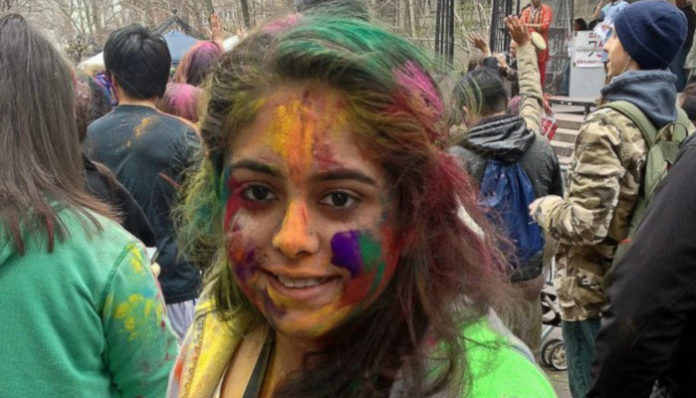
As a New Yorker, I live in a massive melting pot. A pot that allows people of all cultures, religions, and skin color to live together. However, those of us who either live as childhood immigrants or first-generation Americans often struggle to maintain the identities of our families as the melting pot stirs.
I am a first generation Indian American.
And that identification is one that has forced me to face internal conflicts. For years, I felt shame due to the clash of cultures around me. The ignorance of the Americans around me pushed me to despise my Indian heritage, a heritage that is filled with amplified colors, festivities, Bollywood, and so much more.
People mocked my body hair, the food my parents packed for me, the language I spoke, and even the shade of my skin. To make matters worse, my parents also gave me a unique name — a name people often mispronounce, misspell, and laughed at.
The ignorance of my peers forced me to change my behavior, my language, my skin color, my body type, and nearly every other aspect of my appearance.
I often would scold my parents for talking in Hindi in public places, and I refused to eat my home-cooked lunches because they smelt bad. In the summer, when people wore shorts and t-shirts, I wore long sleeves and jeans or sweatpants. I would allow people to mispronounce my name or give me nicknames that I did not even feel comfortable with. All of these things would truly impact my perception of myself for years to come.
However, my family pushed me to participate in various South Asian Community events that showcased our culture. Those experiences, I gained learned about biases and, more importantly, how to overcome them. By taking part in Bhangra (a Punjabi folk dance) and working at the Diwali Mela (Hindu New Year Festival), I finally understood that there was a whole world that viewed my Indian identity in a positive light. I saw the appreciation my own community had for our culture, and I felt the pride they carried so much that it changed the way I saw my Indian heritage. I, that once Bollywood-loving, Hindi-speaking, brown girl finally rediscovered a vital part of her identity.
While I will forever appreciate that exposure, it is important that we as a larger community move past our internal biases and rediscover ourselves entirely.
As we begin to educate ourselves, we must ensure that immigrant communities not only educatie their peers, but also ensure that all children never lose sight of who they are.
Today, I continue to live in this melting pot, and I also appreciate my unique identity. I feel proud as an Indian American — an Indian American who successfully adapted to the culture around me and the one my parents raised me in.
Feature Image provided by Author.


















